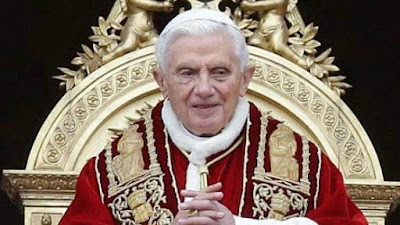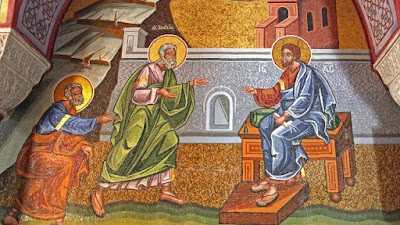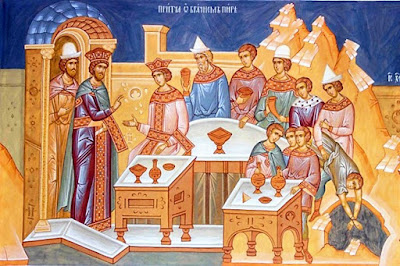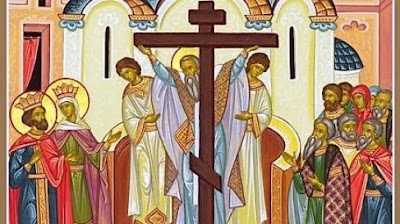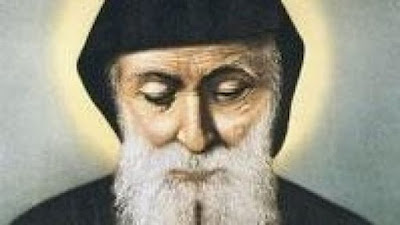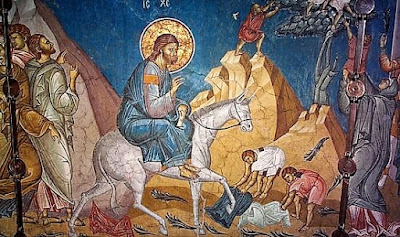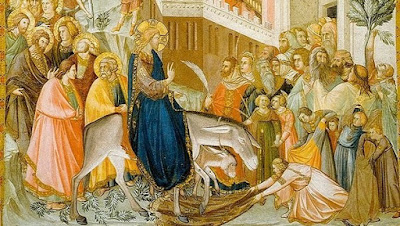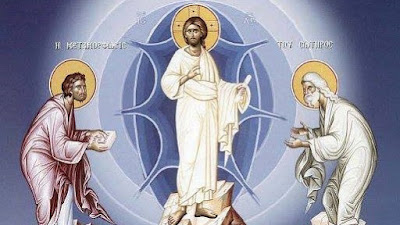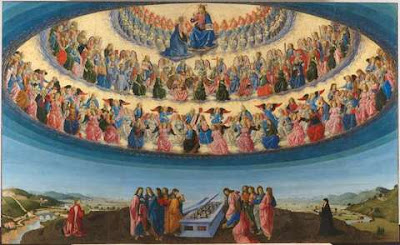Homily for the Solemnity of the Most Holy Body and Blood of Christ (Corpus Christi), June 6, 2021, Year B
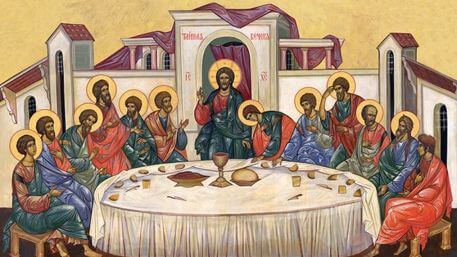
René J. Butler, M.S. La Salette Missionaries of North America Hartford, Connecticut ( Click here for Sunday’s readings ) I presume all the adults reading this have made a will, your “last will and testament.” Perhaps you made it a long time ago and it is no longer serves the purpose you had in mind. Nothing prevents you from changing it if you so choose. And if you do, you will then have your very own “old testament” and “new testament.” For many years now, the word formerly translated as “testament” in the Bible is more often given as “covenant.” The meaning, in English at least, is actually quite different. When you write a will, you can do that on your own, with or without the help of a lawyer, but you are not required to involve the persons to whom you will be leaving that jewelry or that moose head or your millions. There is no covenant, no contract with them. A contract or covenant, on the other hand, implies at least two parties who agree to its terms, preferably in writin
